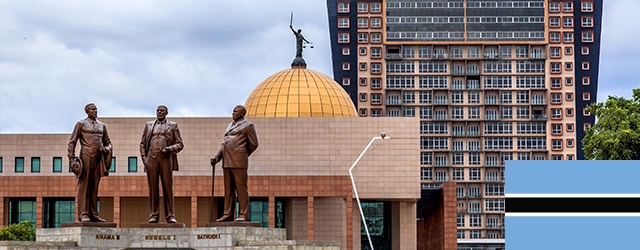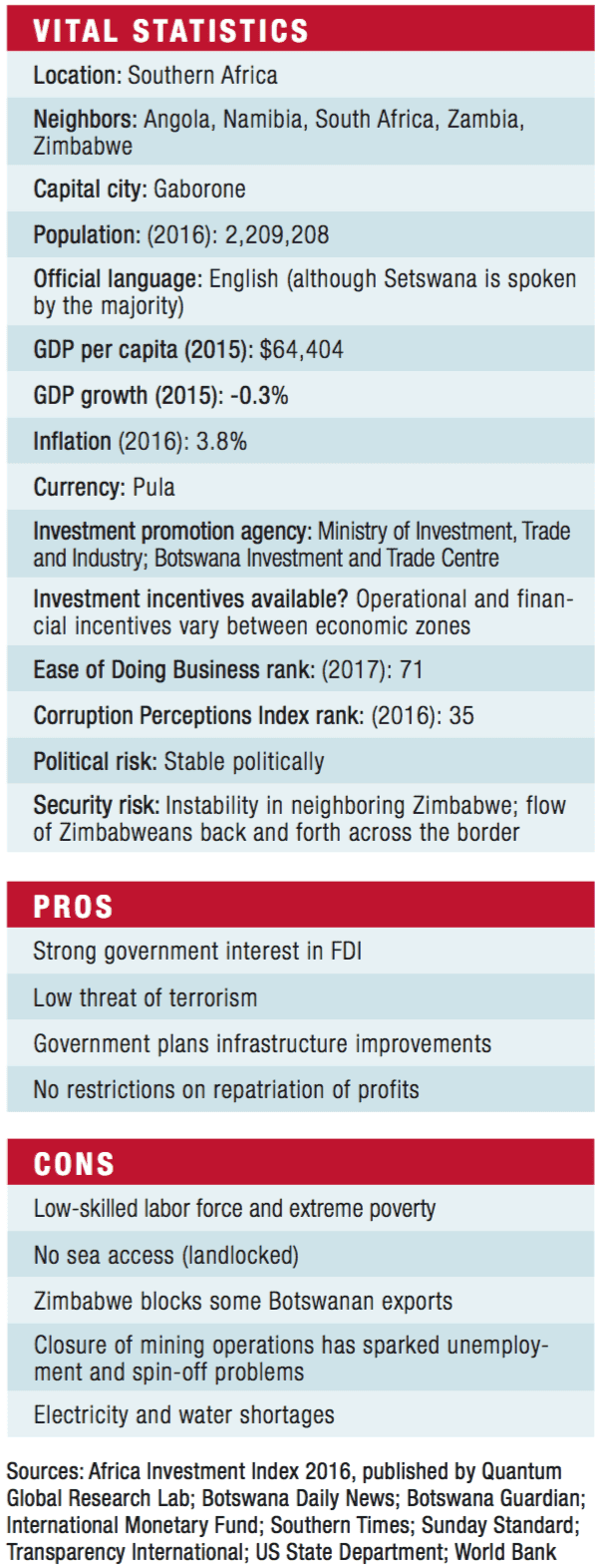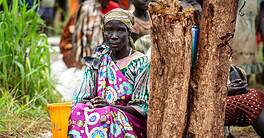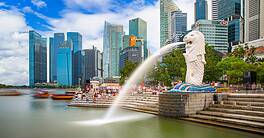The sub-Saharan nation taps special zones to draw foreign direct investment.


With African governments all striving to attract foreign direct investment (FDI), it’s something of a coup for Botswana to be deemed the most attractive economy for investments flowing to the continent in the Africa Investment Index 2016 from research consultancy Quantum Global. Botswana’s rank results in part from its improved credit rating and the ease of doing business there, solid GDP growth (an average of 3.8% in 2016) and other advantages that highlight its relative stability.
“In terms of corruption, in terms of crime and in terms of political stability, [Botswana is] way better than a lot of peers in Africa,” says Moatlhodi Sebabole, market strategist at the First National Bank of Botswana, in a telephone interview from the capital, Gaborone. “We are the least corrupt country in sub-Saharan Africa.”
To facilitate flows, the local currency—the Botswanan pula—is pegged to a basket of currencies: the US dollar, the South African rand, the Chinese yuan, the British pound and the Japanese yen. “We don’t have direct government intervention in the currency,” Sebabole explains.
Still, it’s not without risk. Africa analyst Frank Charnas notes that the South African rand is slumping on world markets, and much of Botswana’s reserves are rand-based. Moreover, South Africa is currently the country’s second-most-important trading partner, after Belgium, meaning that the economies are tightly linked.
Botswana’s advantages have attracted multinationals such as 3M, Deloitte Consulting, Ernst & Young, the Gemological Institute of America and Nike. Still, net inflows of FDI have fallen from an all-time high of $1.4 billion in 2011 to $393 million in 2015.
To stimulate more interest, Sebabole explains, the government has set up eight Special Economic Zones focused on FDI sectors targeted for development: mining, tourism, agriculture, manufacturing, financial services, energy and logistics. To coordinate activities in these zones, the government is also creating a special agency that will report to the Office of the President—signifying the importance of the initiative.
Botswana’s membership in the Southern African Development Community (SADC), along with regional heavyweights such as Angola and Mozambique, expands its market opportunities. “The SADC is well integrated as far as visa policies and ease of trading with one another,” says Lev Yuriditsky, regional director of intelligence in the Sub-Saharan Africa Division of MAX-Security Solutions.
The government has made some policy decisions that have had a poor effect on the country’s economic outlook, including a complicated work-permit system that has scared away some investors. Foreign and local businesses see this and skills deficits as major constraints.
The economy has contracted significantly as a result of falling mineral prices and an over-reliance on extraction. The government recognizes the need to diversify beyond mining. “Their fortune comes mostly from the diamond industry and from mining in general; but they are also very aware of the ‘resource curse,’ so to speak,” Yuriditsky says. “They understand they need to make investments away from that in order to have long-term success.”
For more information on Botswana, check out our Country Economic Reports



